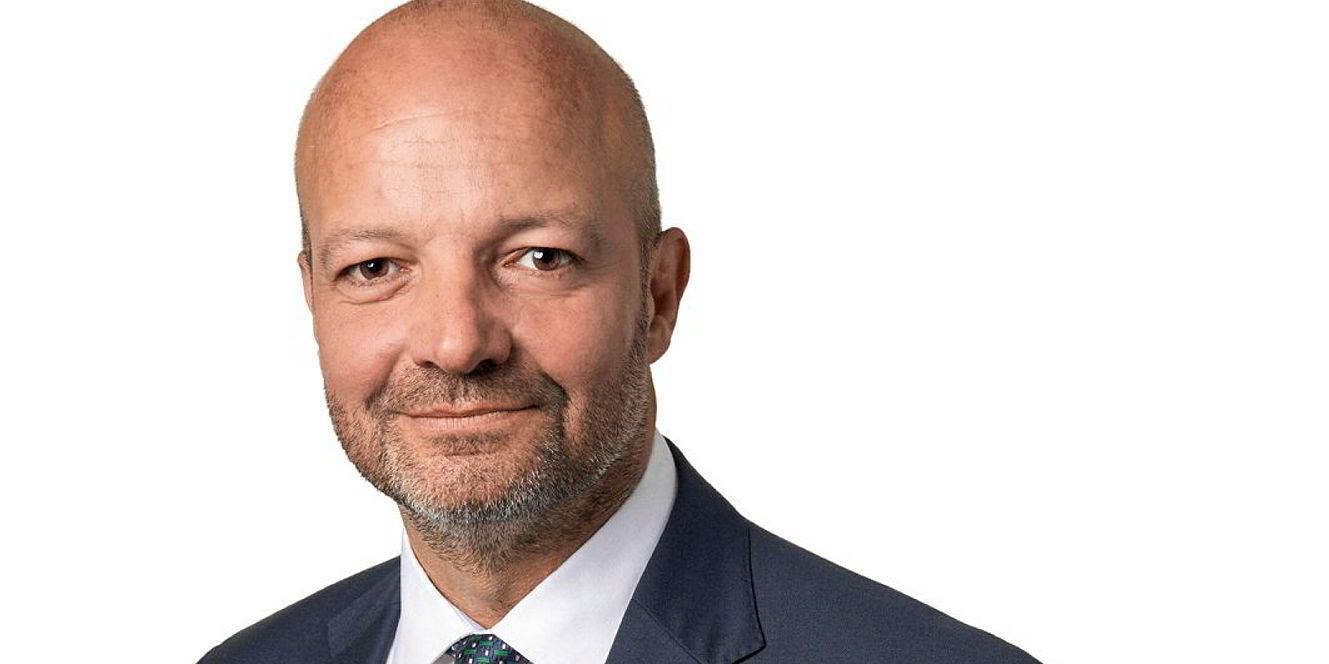For many companies, enforced home working during the coronavirus lockdown has been a revelation in terms of what can be achieved from kitchen tables.
But for UK shipbroker Braemar Shipping Services, it has also been a question of missing the ease of communication and the buzz of collaboration across office desks.
Braemar normally works with all its trading teams on one floor, meaning quick reactions and interactions between staff.
But, since early March, brokers have been based at home.
Finance director Nick Stone told TradeWinds: "You lose something by working at home. You don't have that water-cooler conversation, or that beer conversation in the evening."
Head of shipbroking James Gundy — a working broker as well as a manager — added: "I've heard people say, 'isn't it amazing how you can work remotely from home?' But I don't necessarily agree with that.
"I can't make 100 phone calls a day to our teams to see how they're doing, it's impossible. Usually, I can sit on the trading floor and see who's having a good or a bad day, but now we're at home, working from 6am to 10pm, trying to put deals together."
Tanker teams focused
But Gundy said: "Our teams have been working really, really hard, especially with tanker markets how they are, phones going non-stop. The guys are focused."
However, he added that other teams are "not so stressed out".
In offshore vessel markets, Gundy said players are waiting to see what happens with the exploration sector.
Dry cargo volumes are holding up and gas is busy, but he added that sale and purchase has "taken a bit of a breather".
Owners are thinking about where the markets will be in a year.
"Is sitting on their hands the right call?," he asked. "But transactions are happening, they're happening in tankers."
And the company believes buyers will seek to take advantage of a "dislocation" in pricing as the year progresses.
"Newbuilding deals are definitely hard to work on, with banks not really working at full pace and pulling back on loan-to-values as they take a view on where prices might be," Gundy said.
Braemar said tanker rates have been booming and the level of longer-term time chartering has also increased, leading to further growth in the forward orderbook from $50m on 29 February to $52m on 31 March.
But Gundy said the future of the market is hard to call.
"There is obviously a contango play and it's not easy to shut down wells," he said. "You can't just close a tap — these are huge amounts."
'Absolutely zero demand'
With tanker markets soaring on oil-price drops, it is not easy to get a word in with a broker, in what Gundy described — between taking frantic trading phone calls — as a "hectic" market.
But he told TradeWinds that with West Texas Intermediate crude prices going negative, he asked someone what the price of petrol was at the pump.
"Of course we hadn't a clue," he said. "I haven't filled my car up in a month, no one has, so it proves there's absolutely zero demand.
"But it's what happens at the back end of this that's important, when the oil has come off the ships.
"People want to sit with cash — we are in unknown territory. But there will be opportunities and they will be jumped on."





